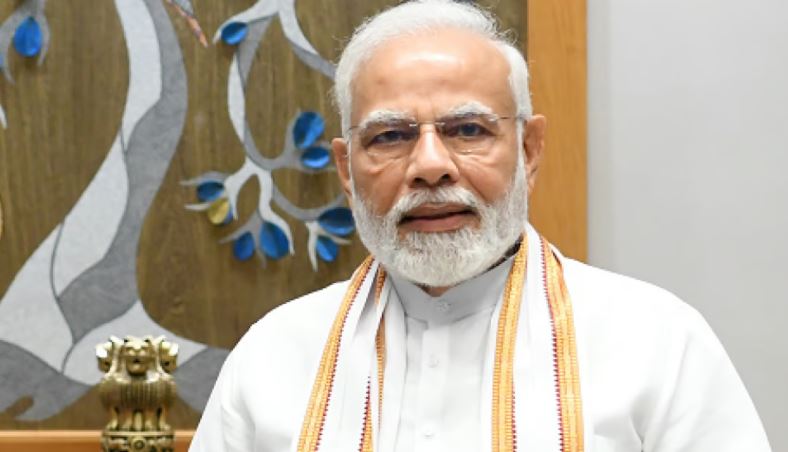Unraveling the Controversy: Modi’s Remarks and Congressional Backlash
The Congress party has leveled serious accusations against Prime Minister Narendra Modi, alleging a breach of parliamentary decorum in his recent remarks aimed at former Rajya Sabha Chairman, Hamid Ansari. During his address in the Lok Sabha on July 2, 2024, Mr. Modi insinuated that Mr. Ansari exhibited a bias towards the Opposition during his tenure, particularly highlighting the early years of the BJP government’s term.
Modi’s Assertive Statement and Its Fallout
In a staunch rebuttal to perceived challenges faced by his government in the Rajya Sabha, Mr. Modi asserted, “No matter the numbers against us, our commitment to serve the nation remained unwavering since 2014, despite inclinations elsewhere.” Although Mr. Modi did not explicitly name Mr. Ansari, the implications were clear, sparking immediate controversy and rebuttal from political quarters.
Congress’s Swift Reaction and Allegations of Norm Violation
Jairam Ramesh, a prominent Congress leader, took to social media to condemn Mr. Modi’s comments, labeling them as unacceptable and calling for their expungement from parliamentary records. Accusing Mr. Modi of repeatedly targeting Mr. Ansari, Mr. Ramesh highlighted previous instances where the Prime Minister’s remarks allegedly undermined the former Vice-President’s diplomatic career and contributions to India’s foreign service.
Historical Precedents and Normative Boundaries
According to Mr. Ramesh, Mr. Modi’s remarks mark a departure from established parliamentary norms, asserting that no previous Prime Minister had publicly criticized a former Speaker or Rajya Sabha Chairman in such a manner. The Congress leader emphasized the erosion of dignity associated with the Prime Minister’s office, attributing it to what he termed as Mr. Modi’s disregard for institutional respect.
Broader Implications and Public Perception
The controversy surrounding Mr. Modi’s remarks has amplified discussions on the sanctity of parliamentary conduct and the ethical responsibilities of elected leaders. It has also raised questions about the impact of such confrontational rhetoric on political discourse and public trust in democratic institutions.
Conclusion
As political tensions escalate following Mr. Modi’s remarks, the incident underscores deeper concerns about the norms governing parliamentary conduct and the ethical boundaries expected of elected leaders. The fallout from this episode is likely to reverberate across political circles, influencing future debates on accountability, respect for institutional integrity, and the conduct of public representatives.
Summary:
| Key Learning Points |
|---|
| Modi’s remarks on Ansari spark controversy. |
| Congress accuses Modi of breaching parliamentary norms. |
| Historical context of Prime Ministerial conduct. |
| Public and institutional reactions to the controversy. |
Soumya Smruti Sahoo is a seasoned journalist with extensive experience in both international and Indian news writing. With a sharp analytical mind and a dedication to uncovering the truth, Soumya has built a reputation for delivering in-depth, well-researched articles that provide readers with a clear understanding of complex global and domestic issues. Her work reflects a deep commitment to journalistic integrity, making her a trusted source for accurate and insightful news coverage.



